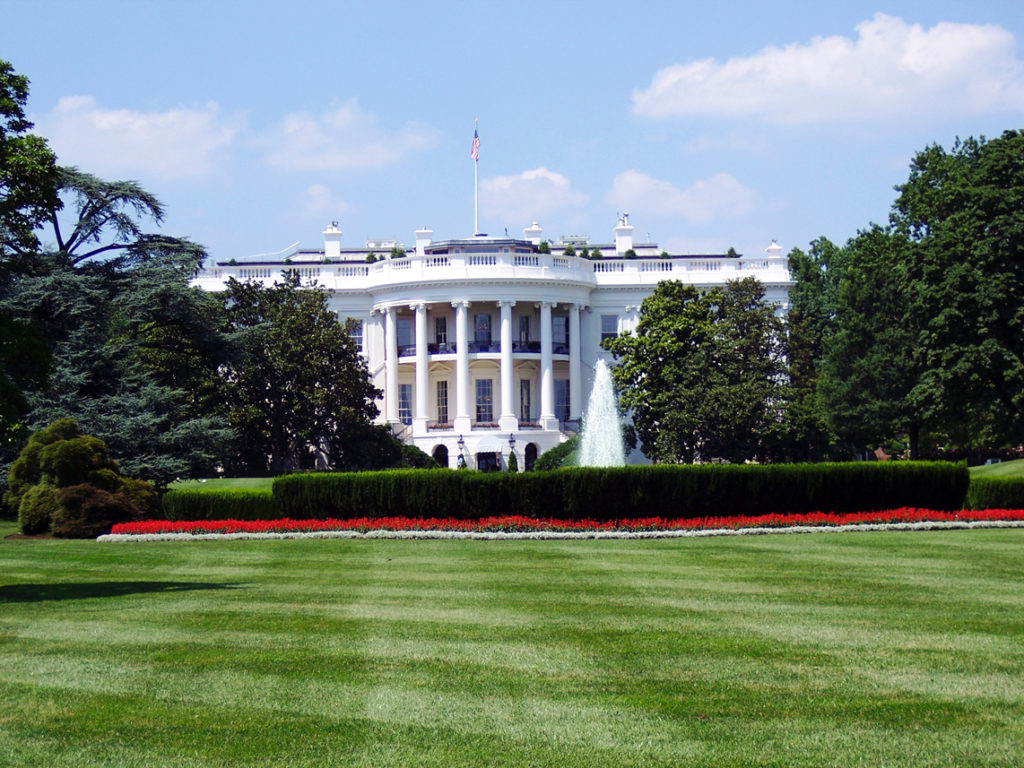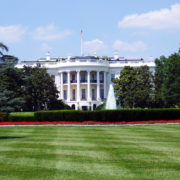
Five-week partial shutdown results in $11 billion loss, according to CBO
On Monday, Jan. 28, hundreds of thousands of federal government employees returned to work after the government reopened on Friday, Jan. 25.
The five-week shutdown, which was the longest in United States history, cost the national economy $11 billion, according to the Congressional Budget Office. Additionally, a quarter of that total — roughly $2.8 billion — is permanently lost.
A chunk of the money included in that figure was delayed and will trickle back into the economy as the affected federal workers receive back pay. Although the White House indicated that back pay will be issued to workers “at the earliest date possible,” the date is to be determined depending on the agency.
Though the government is open, agencies will need time to pick up where they left off. The Internal Revenue Service (IRS) said that it’ll take at least one year for the service to catch up to work that piled up during the shutdown.
The IRS said that its backlog of unread mail from taxpayers skyrocketed to 5 million pieces of mail with an additional 700,000 pieces a day the IRS is still receiving.
Among the agencies that were most harmed included the National Parks Service (NPS), which had to go five weeks without park rangers and various staff that maintain the parks.
Joshua Tree National Park in California suffered “irreparable” damage after vandals littered, destroyed joshua trees, drove through unauthorized areas of the park and permanently destroyed sensitive ecosystems that included historic rock formations.
“What’s happened to our park in the last 34 days is irreparable for the next 200 to 300 years,” Curt Sauer, former superintendent of Joshua Tree National Park, said at a rally on Saturday.
NPS employees are expecting their first paycheck with back pay on Wednesday, Jan. 30.
For weeks, certain “non-essential” federal workers were either furloughed or worked without pay after President Donald Trump refused to sign the government spending bill before the deadline on Dec. 22, 2018.
The bill presented to him lacked the $5.7 billion request for a border wall and increased border security, an indelible condition of the president.
In December, he firmly maintained that he would not sign a spending bill to fund the government unless that bill included said border wall funding, stating that he would be “proud to shut down the government” if Congress didn’t comply with his request.
After five weeks, Trump caved and signed a temporary spending bill that did not include any funding for the border wall, which the administration has deemed necessary for national security reasons.
Trump agreed to fund the government until Feb. 15, but the White House has alluded to the possibility of another shutdown if Democrats ignore wall funding in the next spending package, which both House Speaker Nancy Pelosi and Senate Minority Leader Chuck Schumer intend to do.
“If you’re the president of the United States, and you know that you have to defend the nation, do you want to shut the government down? No. Do you want to declare a national emergency? No. But you do need and want to defend the nation,” White House Chief of Staff Mick Mulvaney said on CBS’ “Face the Nation” on Sunday, Jan. 27. (Klarize Medenilla/AJPress)






